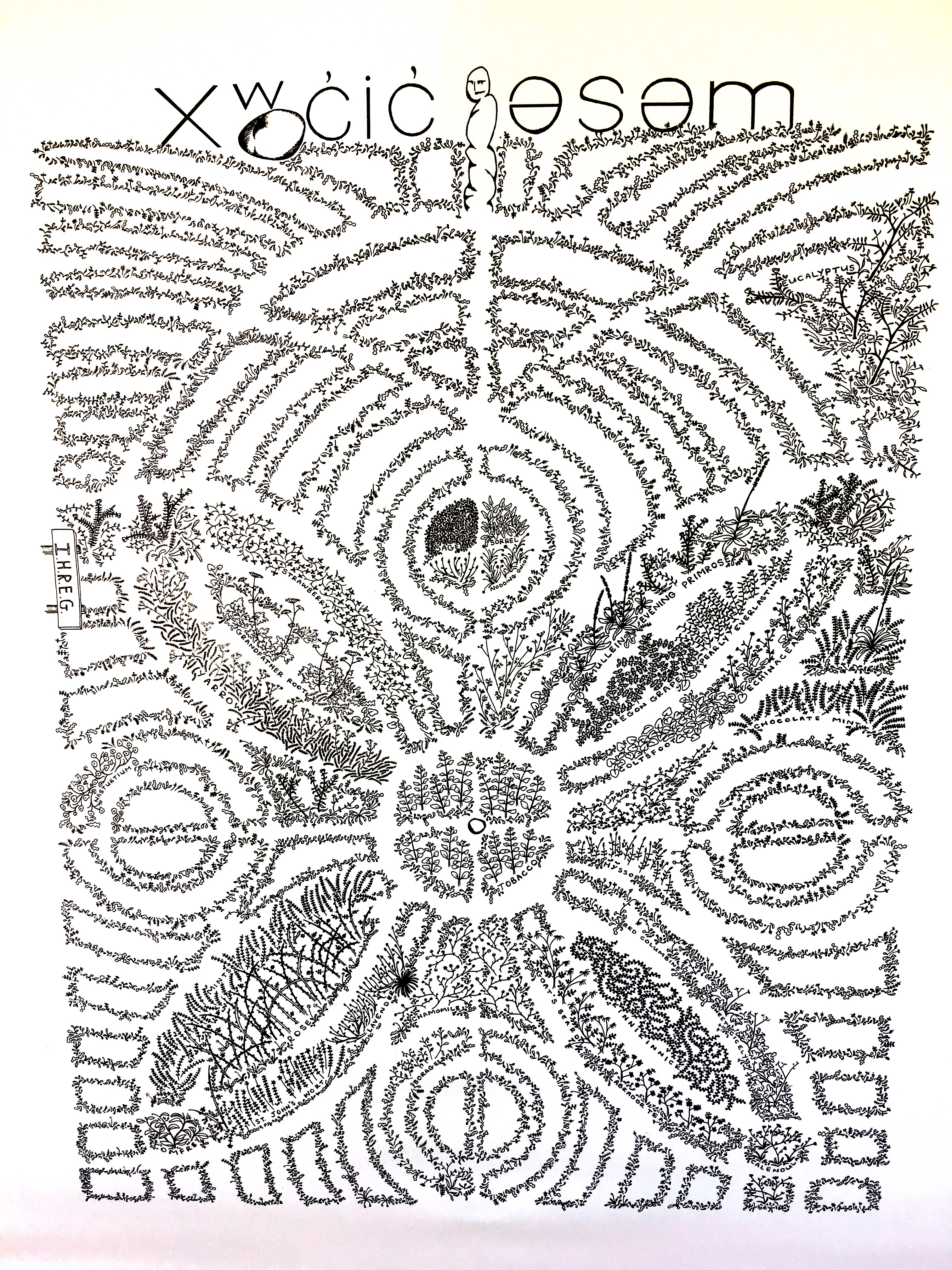Regenerative Land-based Learning Practices at xʷc̓ic̓əsəm Garden
Main Article Content
Abstract
The past, present, and future of Indigenous food systems have always been dependent on Indigenous knowledge mobilization of sustainable land-based practices. Intergenerational approaches to teaching, learning, and researching are featured in this work at the xʷc̓ic̓əsəm Garden: ‘The Place Where We Grow’ situated on the ancestral and unceded territory of the hən̓q̓əmin̓əm̓ speaking xʷməθkʷəy̓əm (Musqueam) people located at the UBC Farm.
This presentation explores the Garden’s land-based methodological implications in promoting Indigenous resurgence agendas. We will do that by drawing on Wilson Mendes’s Ph.D. research on the intersections of land-based pedagogies, Indigenous food sovereignty, and Indigenous youth cultural identity and wellness. In this context, we will reflect on the Medicine Collective intergenerational pedagogical approaches to explore how Indigenous knowledge systems through language, protocols and ceremonies encourage Indigenous People’s resurgence through regenerative land-based practices via Indigenous food systems engagement. We acknowledge the Social Sciences and Humanities Research Council for supporting our research.
We raise our hands in gratitude to Dr Eduardo Jovel (Pipil and Mayan ancestry) for his leadership at the xʷc̓ic̓əsəm Garden. Dr. Jovel is the Interim Director of First Nation House of Leaning and Director of the Indigenous Research Partnerships at the Faculty of Land and Food Systems, University of British Columbia.
Article Details

This work is licensed under a Creative Commons Attribution-NonCommercial 4.0 International License.

